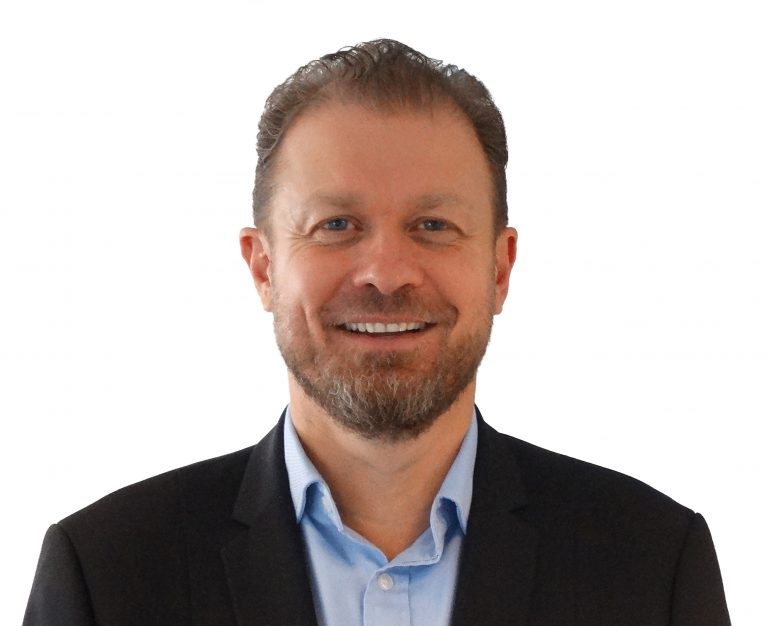How integrating digital technologies are shaping a lower carbon world
With COP28 in full swing, considerable attention has been given to the high-level political agenda shaping the Conference. Hopes are high for a clear, unambiguous final communique that sets out how as a global community we will wean our economies off fossil fuels. Underplayed in the conversation, have been how digital technologies are transforming the global approach to developing more sustainable, low carbon forms of energy. They are worth a closer look because the potential is huge.
Recent studies have argued that better use of data, automation and AI systems can contribute to a reduction of 4% of global emissions by 2030 (World Economic Forum & PwC, Harnessing Technology for the Global Goals, 2021). Other studies emanating from this year’s COP point to digital technologies cutting global emissions by up to 15% by the end of this decade.
Information management and viewing data as a source of value is transforming the way we see digital technologies. Indeed, opening up data offers near term opportunities for monitoring climate change and measuring carbon emissions – key to understanding the scale of the Net Zero challenge. Companies like Transition Zero are taking this to a new level by providing organisations with open data products to accelerate the shift to low carbon energy sources.

Where does Alderley and its group companies Kelton and SMS fit in with all of this?
Alderley’s presence at events in the Gulf region this autumn has confirmed the potential of digital and highlighted the speed with which it is being integrated into the energy industry.
Our team has recently spent a few productive weeks in Abu Dhabi at the Custody Transfer and Metering Conference (CTMC) last week and at the two-day Global Industrial Internet of Things Summit (GIITS) held in Dammam. Both events signalled the importance of digital technologies in a rapidly evolving energy sector. Enabling the measurement of hydrocarbons as well as hydrogen and carbon dioxide is critical to lowering emissions and the operational footprint of the energy sources of today and tomorrow.
At CTMC, Alderley’s Head of Digital, Mark Slinger, joined a technical panel taking a ‘deep dive’ into innovative technologies that are transforming the world of metering. Key points of discussion centred on the importance of live, quality data and being able to verify the data’s quality (i.e. performance-based maintenance). Kelton’s Principal Measurement Consultant, Paul Manson, joined a technical panel analysing chromatography and metering performance. Furthermore, Andrew Pender presented brilliantly on ‘A Digital-First Approach to Asset Integrity, management and Performance’. Plans are underway for next year’s CTMC to be even bigger and better and you can bet your bottom dollar that digital will play an even more significant role in the event.
Our Business Development leads, Mike Shepherd and Mohammed Ziavudeen, spent time at the two-day Global Industrial Internet of Things Summit (GIITS) in Dammam in November. The event brought together leading OEMs (Original Equipment Manufacturers) and multiple digital support companies with debate centred on the digitalised future of the Kingdom and the opportunities that this creates.
With several decades of presence on the ground in Saudi Arabia as well as a regional hub, Alderley was able to talk about its work providing client-focused, locally supported digital solutions. Our Group’s Smart Asset Management platform developed by the digital and controls team generated significant interest across multiple sectors ranging from solar farms to plastic injection moulding underlining the multiple applications of digital managements systems.
This past few months have therefore highlighted the many opportunities that digital technologies have opened up in the energy sector offering tremendous hope for those of us who would like to see a low carbon future sooner rather than later.
My view is that digital technologies will be a major driver in terms of reducing waste, improving the efficiency of existing operations and in bringing on board new exciting technologies that will help take us a step closer to Net Zero.
Colin Elcoate is CEO of Alderley and has worked in the global energy sector for nearly 30 years.
***

